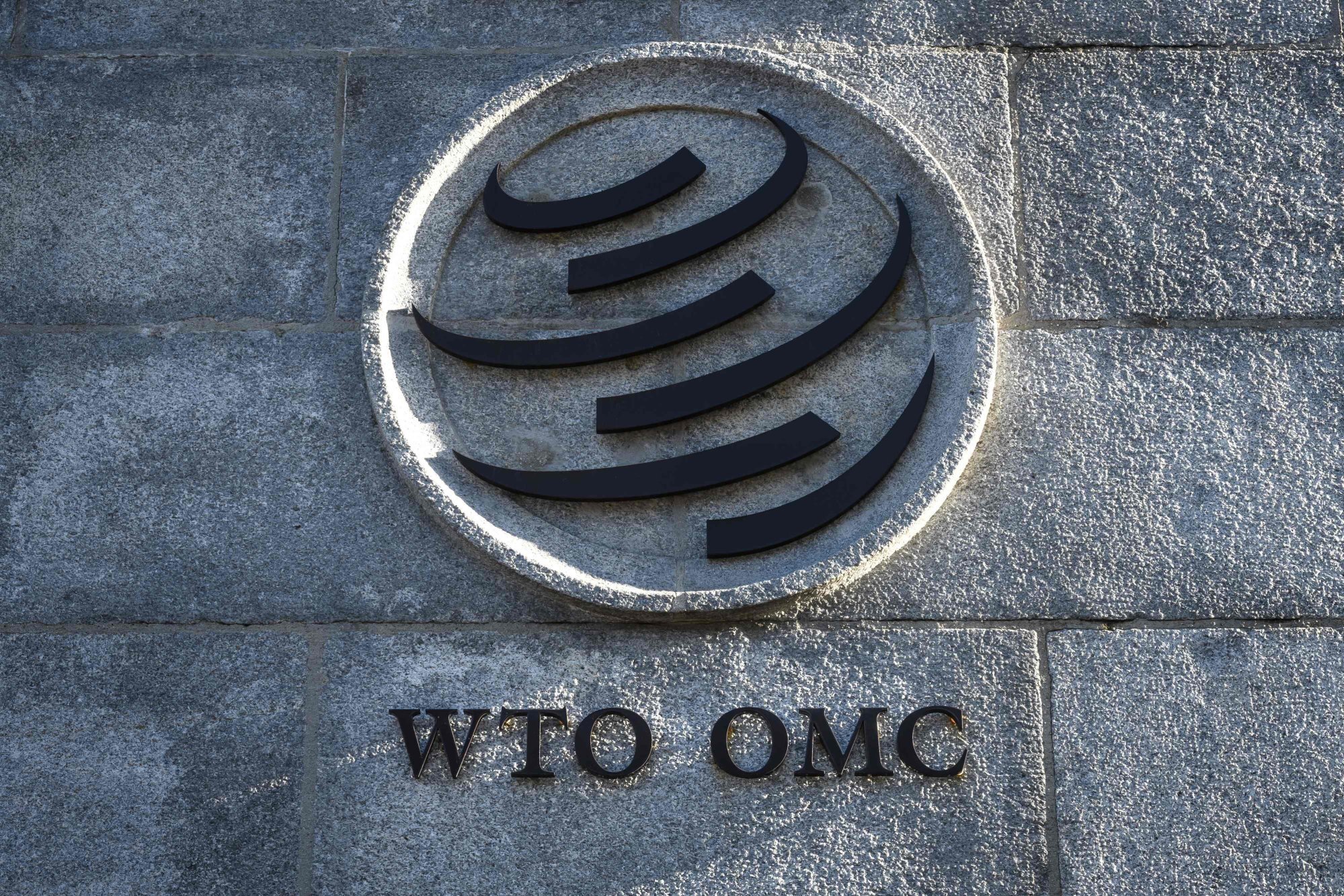
EU launches WTO case against China over Huawei, Xiaomi tech infringements
- Brussels sues Beijing for allegedly penalising European firms for seeking to protect their patents from Chinese patent theft in foreign courts
- It follows a high-profile lawsuit over China’s alleged economic coercion of Lithuania, which was filed to the World Trade Organization last month
Firms that have made complaints – including Sharp, Ericsson and Nokia – have been threatened with daily fines of €130,000 (US$148,000) or criminal charges, meaning executives could be jailed in China for non-compliance, according to the EU.
Brussels officials said Chinese firms such as Huawei, Xiaomi, ZTE and Oppo had taken advantage of these injunctions – which were ushered in by a Chinese supreme court ruling in August 2020 and subsequently approved by the National People’s Congress – to cut their licensing fees in half.
Officials said they had raised the issue with China at the WTO, bilaterally and in various other legal forums, but not had a satisfactory response from Beijing.

It marks a further decline in the pair’s trading relationship, which has been in free fall since the start of last year, when a long-negotiated EU-China investment deal was agreed in principle, only to be frozen soon after in a row over sanctions.
It also shows a continuation in the EU’s willingness to play hardball with Beijing over trade grievances.
The EU says it has gathered ample evidence of trade coercion from China over the tiny Baltic state, which saw its Chinese exports almost eviscerated in December.
This has led to a groundswell of support – and a sense of urgency – for Brussels’ plans to upgrade its trade arsenal for dealing with perceived Chinese aggression.
The EU is aiming to finalise a powerful anti-coercion tool that would seek to combat perceived economic bullying by the end of this year, but member states are sceptical as to whether that timeline is realistic.
“We must protect the EU’s vibrant hi-tech industry, an engine for innovation that ensures our leading role in developing future innovative technologies,” said Valdis Dombrovskis, the EU’s trade commissioner. “EU companies have a right to seek justice on fair terms when their technology is used illegally. That is why we are launching WTO consultations today.”
The threat of daily fines of €130,000 deterred European companies from going to foreign courts, the EU said in a statement.
“The EU has raised this issue with China on a number of occasions in an attempt to find a solution, to no avail. As the Chinese actions are, according to the EU, inconsistent with the WTO Agreement on Trade-Related Aspects of Intellectual Property Rights (TRIPS), the EU has requested consultations at the WTO,” the statement said.
A request for consultations has been lodged with Beijing’s Geneva mission. If the dispute is not resolved bilaterally within 60 days, the EU can ask the WTO to set up a panel to rule on the matter.
Consultations are due to begin imminently on the Lithuania case, with the US, Britain, Australia, Taiwan, Japan and Canada all requesting to join the talks. China has not responded to these requests, the EU said.
Brussels also expects the US and Japan to ask to join consultations over the latest Geneva feud.
China, Ukraine challenges test unity of Germany’s ruling coalition
With an EU-China Summit slated for April 1, trade grievances will be high on the agenda.
Ahead of those talks, China has been left out of a key meeting between European and Indo-Pacific countries in Paris next week, organised by the French government.
“China would not have been amused if it had been invited because China opposes – wherever it can – the label of Indo-Pacific,” a senior EU source involved in the planning said.
The new WTO case concerns standard-essential patents (SEPs) used by manufacturers to patent goods that meet certain international technical standards.
They are costly to obtain and, according to EU officials, their relicensing funds further innovation. In allegedly flouting the rules, the EU sees the “dynamic effect” of Beijing undercutting its future competitiveness too.
Swedish company Ericsson has said that the losses stemming from anti-suit injunctions run to up to €150 million per quarter.
EU ‘open for business’ for TSMC and other chip companies
In a case outlined in the Berkeley Technology Law Journal last year, Japanese company Sharp held SEPs for 3G, 4G, Wi-fi and high efficiency video coding and wished to collect patent royalties from Chinese smartphone manufacturer Oppo.
After negotiations failed, Sharp filed lawsuits in jurisdictions including Germany and Japan. Oppo responded by filing a suit in Shenzhen, challenging Sharp’s global licensing terms.
The Chinese supreme court sided with the Shenzhen court’s decision, effectively ruling that in SEP licensing disputes, Chinese courts could determine royalty rates worldwide.
In September 2020, a Wuhan court issued an anti-suit injunction to prevent US wireless technology company InterDigital from applying injunctions of its own obtained in India.

